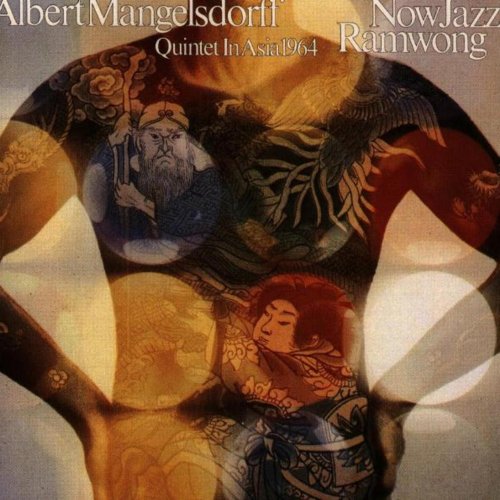Ricercar Consort - Blow & Purcell: Odes and Songs (2010) [Hi-Res]
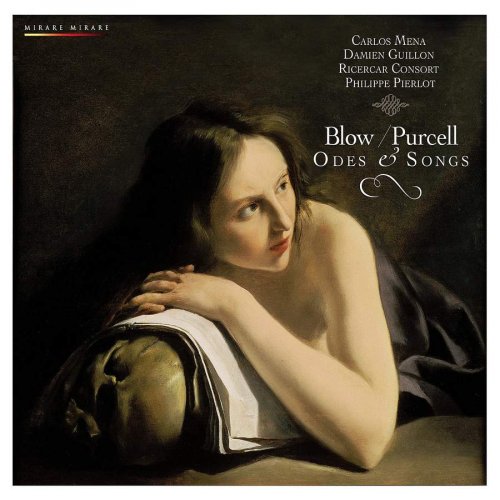
Artist: Ricercar Consort
Title: Blow & Purcell: Odes and Songs
Year Of Release: 2010
Label: Mirare
Genre: Classical
Quality: mp3 320 kbps / flac lossless / flac 24bits - 88.2kHz +Booklet
Total Time: 00:57:27
Total Size: 135 / 300 / 0.98 gb
WebSite: Album Preview
TracklistTitle: Blow & Purcell: Odes and Songs
Year Of Release: 2010
Label: Mirare
Genre: Classical
Quality: mp3 320 kbps / flac lossless / flac 24bits - 88.2kHz +Booklet
Total Time: 00:57:27
Total Size: 135 / 300 / 0.98 gb
WebSite: Album Preview
01. An Ode on the Death of Mr. Henry Purcell
02. Here let my life
03. But ah, I see Eusebia drown’d in tears
04. Symphony for the Flutes
05. Strike the viol
06. Her charming strains
07. Chaconne
08. A Song in the Prophetess
09. Symphony for the Flutes
10. No, no resistance is but vain
11. I loved fair Celia
12. Sweetness of Nature
![Ricercar Consort - Blow & Purcell: Odes and Songs (2010) [Hi-Res]](https://www.dibpic.com/uploads/posts/2021-04/1617253811_ricercar-consort-blow-purcell-odes-and-songs-2010-back.jpg)
There is no record of how Purcell's unprecedented youthful genius was received by his contemporaries, though it seems logical that it must have caused considerable wonder in the musical world centred around Westminster. The reality of London musical life was in fact difficult, frenetic, and grossly underfunded, and, along with the whole city, was thrown into confusion with the outbreak of the plague, the war with the Dutch and the catastrophic fire of London. Suffice it to say that a lifelong friendship developed with John Blow, who relinquished his post as organist at Westminster Abbey to the 20-year old Purcell in 1679.
Blow's music in the Ode on Purcell's death is probably the most coherent melodious and inventive, outside his beloved Church music. It is also his most Purcellian. The choice of two countertenor voices was fundamental in this respect, and this conscious evocation of the Purcellian sound world is extended in the use of the two recorders, stressing both the funerary and other-worldly associations of the instrument. With this collaboration in memory of Purcell however, he achieves the highest level of expression. Early death, in his time was an unremarkable commonplace, and Dryden and Blow are deploring something rather different, the catastrophe of losing a friend who represented both their own hopes, and the energy and potential of English music in full flood.

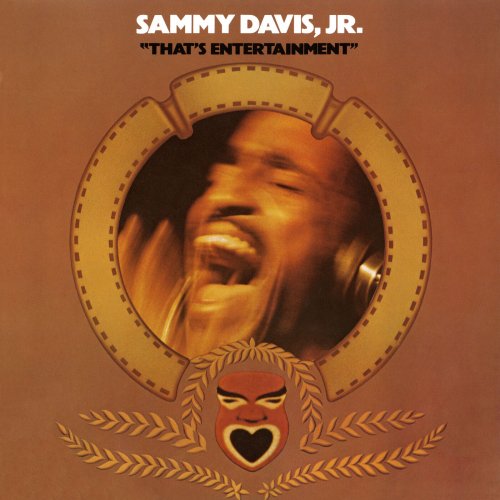
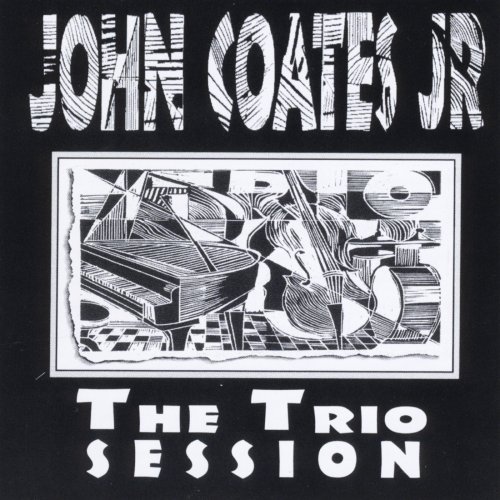
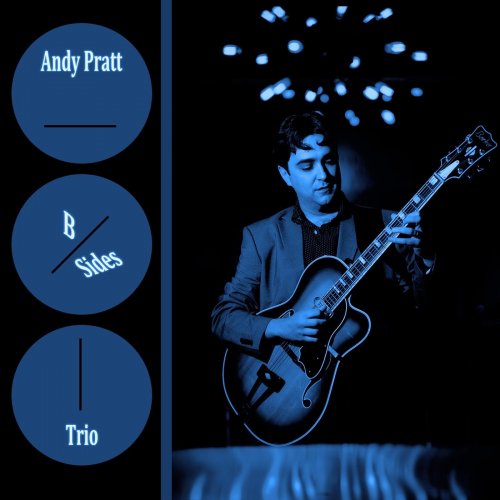
![Keith Oxman - Home (2025) [Hi-Res] Keith Oxman - Home (2025) [Hi-Res]](https://www.dibpic.com/uploads/posts/2025-12/1765387688_hltlbo3s1g1aa_600.jpg)
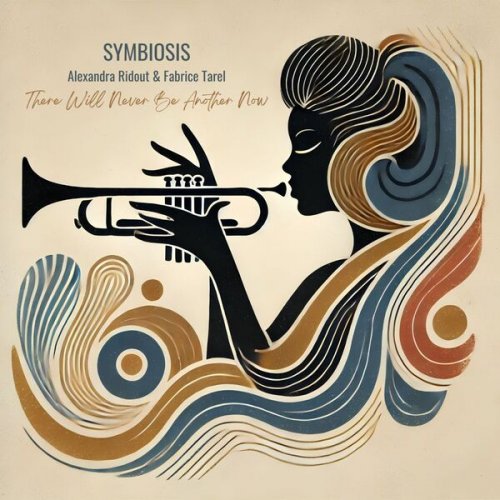
![divr - Live At Cully Jazz (Live) (2025) [Hi-Res] divr - Live At Cully Jazz (Live) (2025) [Hi-Res]](https://img.israbox.com/img/2025-12/12/xmcmwpwdqm3q0bglwqr3joh4t.jpg)

